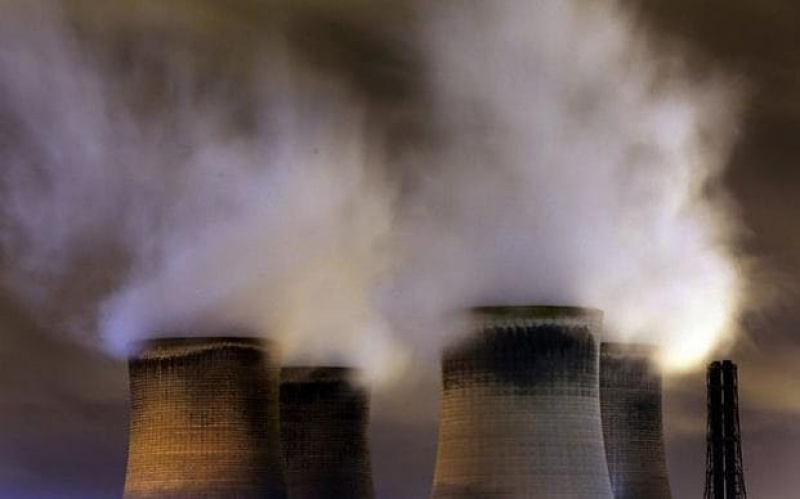Pollution is now a greater threat than Ebola and HIV and is responsible for one in four deaths among children aged under five, the World Health Organisation has warned.
Worldwide, more than 1.7 million children’s deaths were attributable to environmental hazards such as air pollution and contaminated water, according to a report published on Monday.
The damning new research, which reveals the growing threat posed by global pollution, found that the most common causes of child mortality – diarrhoea, malaria and pneumonia – are being exacerbated by pollution.
By tackling pollution head-on, the WHO claims that one quarter of deaths and diseases in 2012 could have been prevented.
The disclosure comes on the back of frequent warnings by leading health experts that pollution is linked to thousands of deaths in the UK every year.
Last year, the Royal Colleges of Physicians and of Paediatrics and Child Health said that air pollution in Britain’s cities is contributing to around 40,000 early deaths annually, as they warned that poorly controlled diesel emissions were mainly to blame.
In February, a damning report by London Mayor Sadiq Khan found that tens of thousands of children in the capital are exposed to illegal levels of air pollution.
In response, Mr Khan has announced a series of new pollution policies, including a daily £10 vehicle charge for old, more polluting vehicles.
The latest WHO report also warns that exposure to polluted environments poses a huge risk to pregnant women, and can significantly increase the chances of premature births.
Meanwhile, infants and preschool children exposed to pollution are more likely to contract debilitating respiratory diseases, including pneumonia.
Exposure to hazardous chemicals through air, food, water and products used in everyday life is also associated with hindered brain development, whilst improperly recycled electronic waste is also affecting children’s cognitive abilities.
The likelihood of developing cardiovascular diseases, cancer and stroke are also heightened in areas with high pollution.
Commenting on the latest research, Dr Margaret Chan, WHO Director-General, said: “A polluted environment is a deadly one – particularly for young children.
“Their developing organs and immune systems, and smaller bodies and airways, make them especially vulnerable to dirty air and water.
“Investing in the removal of environmental risks to health, such as improving water quality or using cleaner fuels, will result in massive health benefits.”
In order to combat the problem, the WHO says that urgent action is required to improve water quality in the developing world, whilst more developed nations must ensure access to more green spaces, especially in densely concentrated urban areas.
Source: The Telegraph

































